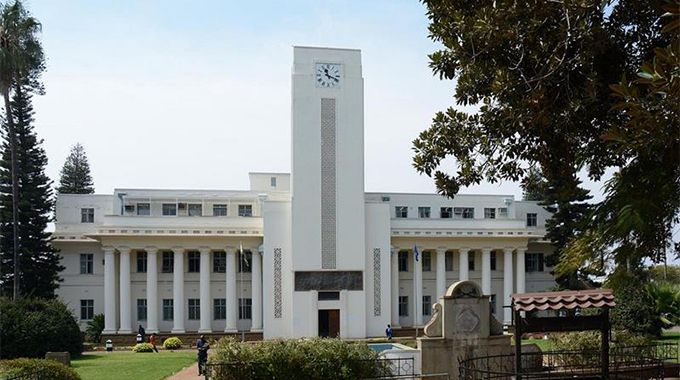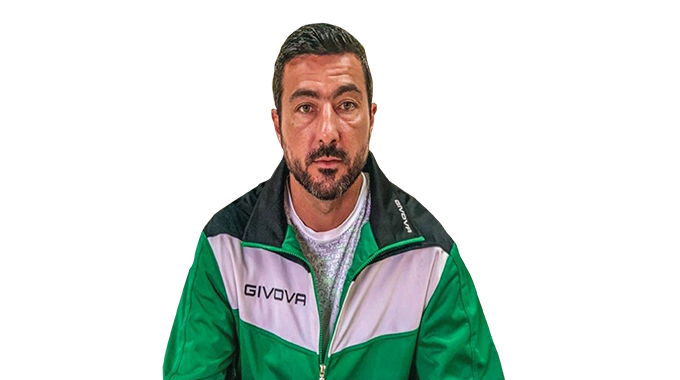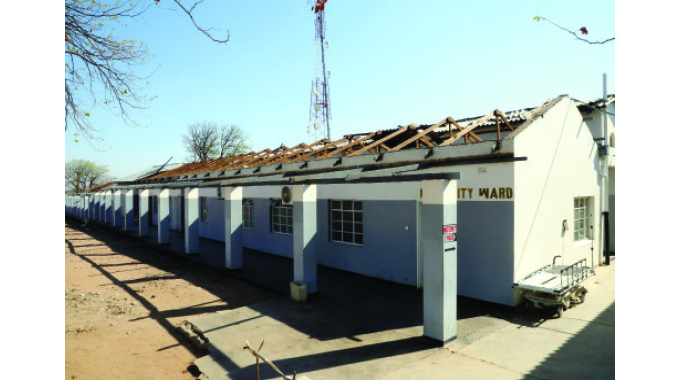Residents resist BCC tariff hikes

Mashudu Netsianda, Senior Reporter
BULAWAYO City Council (BCC) yesterday bowed to pressure from residents and slightly slashed its proposed 2022 budget by $900 million, with the tariff regime going down by 16 percent.
During last month’s budget consultation outreach programme, council presented a total budget of $24,7 billion for the coming year with a proposed increase projected at 216 percent. The budget consisted of a $16,8 billion revenue budget and a $7,9 billion capital projects budget.
However, residents expressed their concern over the level of increases, arguing that the rates were unaffordable.
Yesterday, BCC proposed a revised figure of $23,8 billion with the overall average tariffs’ increase of 200 percent down from the 216 percent.
Of the $23,8 billion, $15,9 billion will be the revenue budget while $7,9 billion will remain as the capital budget. The rates for domestic properties will increase by 150 percent with non- domestic property rates going up by 177 percent.
Water charges for domestic consumption will also increase by 150 percent while water for non-domestic use will go up by 180 percent.
Waste water charges will go up by 150 percent for both domestic and non-domestic users, while domestic charges for solid waste management, which includes refuse collection is set to increase by 150 percent. For non-domestic users, their rates will go up by 160 percent.
Charges such as admission fees to stadia and swimming pools, hire of council facilities, patient fees for use of an ambulance, cessation fees and similar charges classified as fees will go up by 450 percent.
BCC proposes to increase shop licences, liquor and garage licences, trading permits, route approval, development permits and inspection fees by 450 percent. Council rented properties will increase by 250 percent with the sale of pit sand and precast products going up by 626 percent.
The proposed tariff increases which are subject to Government approval, will come into effect in January.
The council expects to spend $4,3 billion in providing health services, $2,1 billion on water and sewer infrastructure maintenance, $1,2 billion on fire and ambulance service, fire brigade, public lighting and security services; $896,5 million on roads; $423, 3 million on education and $245 million on housing.
Council intends to use $649, 2 million on the maintenance of community infrastructure such as halls, stadia and sports clubs.
A total budget of $726, 2 million is proposed for stream bank clearing, spraying of mosquitoes and flies to ensure sustainable health of residents. Council proposes to spend $890, 6 million on solid waste management and refuse disposal.
A proposed budget of $377,6 million has been made for the maintenance of cemeteries and crematorium as well as related staff costs.
Presenting the 2022 budget proposal during a special full council meeting yesterday, the chairperson of the finance and development committee, Councillor Tawanda Ruzive said as “a listening council” they resolved to reduce the proposed budget by $900 million to $23,8 billion.
He said the provision of health care, water, sewerage, housing roads, education, public lighting, social services and ambulance service are among the council’s top priorities.
“Council is mandated to deliver quality service to the residents and that service comes at a cost. Our tariffs are now sub economic, but the cost of providing the services continues to go up,” he said Clr Ruzive.
“The plight of residents cannot be ignored and hence there is need to balance the level of service delivery and tariff affordability.”
Clr Ruzive said the proposed budget is meant to ensure that economic tariffs are charged with residents continuing to enjoy the services.
“It is therefore recommended that for the 2022 budget an increase of 200 percent will be levied on all tariffs based on the approved 2022 tariffs. This increase will be effected on the 1st January 2022,” he said.
“The budget would be subject to review in line with changes in the economy. It is my hope that the economy would stabilise at affordable levels.”
Clr Ruzive said the capital budget seeks to address infrastructure development in the city.
“Other infrastructure requires rehabilitation and renewal. Borrowing powers are expected to fund new projects which will be taken on board in 2022 while existing borrowing powers will fund the completion of projects already being undertaken,” he said.
Clr Ruzive said council has a number of areas that need to be completed. He said some contractors could not finish the projects citing the unstable macroeconomic environment. “However, council has the responsibility of providing such services to the beneficiaries and these projects will have to be completed for the benefit of those who paid for their stands,” he said.
“At the same time council hopes to avail more stands in 2022 and service them with water, sewerage and roads infrastructure.”
Clr Ruzive said some of the money for projects will be funded under Devolution Funds.
“Council is expecting further funding under Devolution Funds from the Government in the year 2022. The allocation will be available when the national budget is announced,” he said.
Clr Ruzive said through Devolution Funds allocated to council this year, they rehabilitated Aisleby 1 and 2 sewer treatment plants, sewer outfall rehabilitation project in Matshobana, constructed two blocks of classroom, caretaker’s house, toilets, septic tank, and boundary fencing and bought furniture for Vulindlela Primary School.
Reacting to the council’s proposed budget, Bulawayo Progressive Residents Association (BPRA) secretary for education, Mr Ben Moyo said the proposed tariffs were too high for most ordinary ratepayers.
“While it is a good idea to slash the tariffs, we however, feel that the margin by which council cut the rates is still too low. Council should explore more alternatives to finance their budget,” he said.
“We have high rate of defaulting because residents are not paying and this increase will certainly worsen the situation. If council comes up with a reasonable increase, they will widen their revenue collection base as there will be a possibility of more people paying.”
Mr Moyo said the consultations which were done via WhatsApp were not effective given that a majority of residents could not afford to buy data.
Council conducted the 2022 budget consultation meetings virtually between 28 September and 30 September in line with Covid-19 restrictions.
BRPA coordinator Mr Emmanuel Ndlovu said council should concentrate on generating revenues from business premises instead of burdening ordinary residents who also need steady incomes to be able to pay rates.
In January, council increased its rates by 372 percent following Government’s December approval of the city’s $551 million supplementary budget.
Council had applied for a supplementary budget in October last year, saying the Covid-19 pandemic had affected budgeting, as the local authority incurred unbudgeted expenses. — @mashnets











Comments